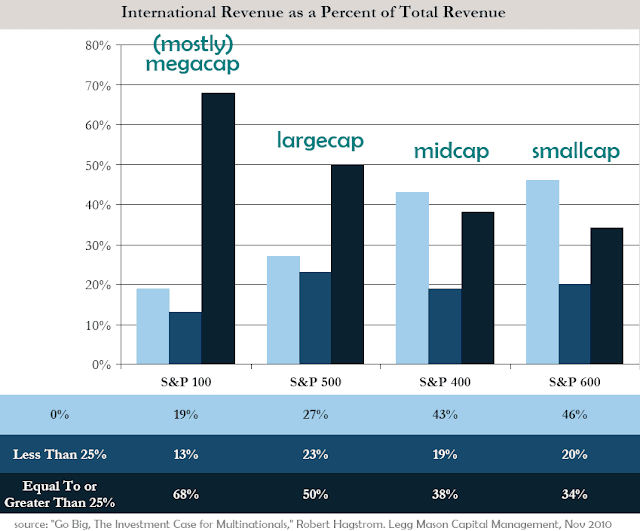If you are bored during the holidays, here are some articles to kill time
Some people are on holidays; others have light loads—assuming you aren't one of those airport workers stuck trying to clean up from the snowstorms ;) Here is some reading material to keep you busy... (Recommended) Potential actions by regulators to control the too-big-to-fail banks (Reuters Breakingviews via Financial Post): Regulators and government officials created huge moral hazard by creating the oxymoronically-named too-big-to-fail banks. Now they are trying to figure out how to regulate them and, ultimately, prevent the banks from turning into too-big-to-save (i.e. banks that will threaten sovereign solvency). This is a good article that presents several solutions and the ones likely to be followed by the government officials and regulators in the near to medium term... As I have mentioned in the past, the "proper" solution in a capitalist society is to punish the financiers who enable all the risk-taking. In this case, the bondholders have been spared (except f












